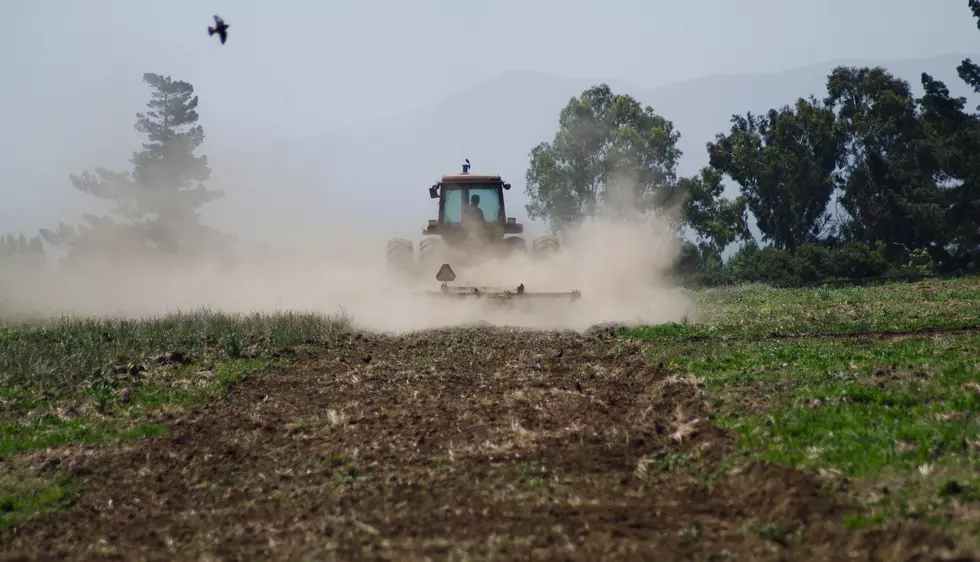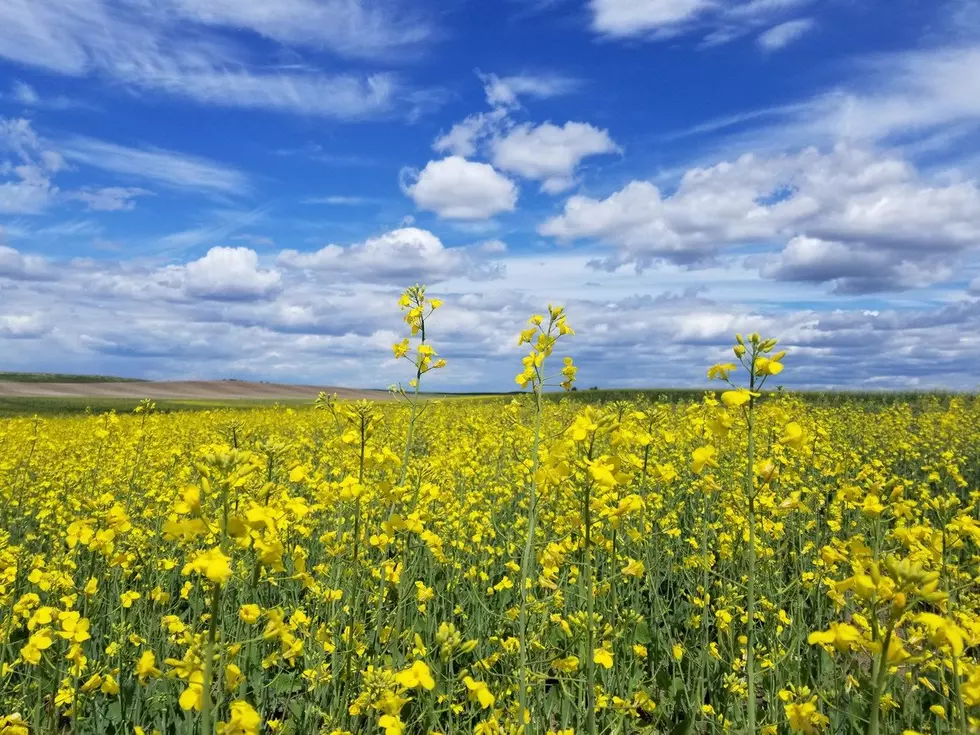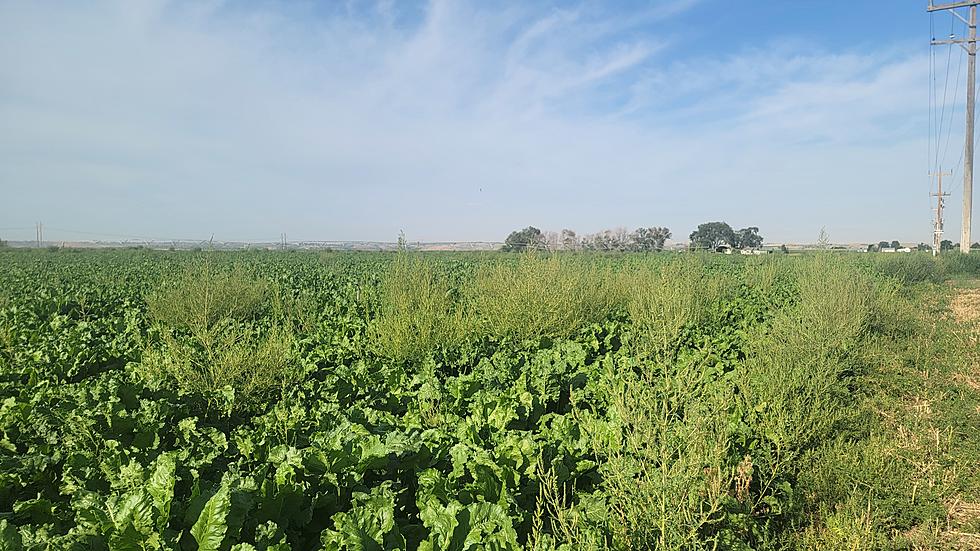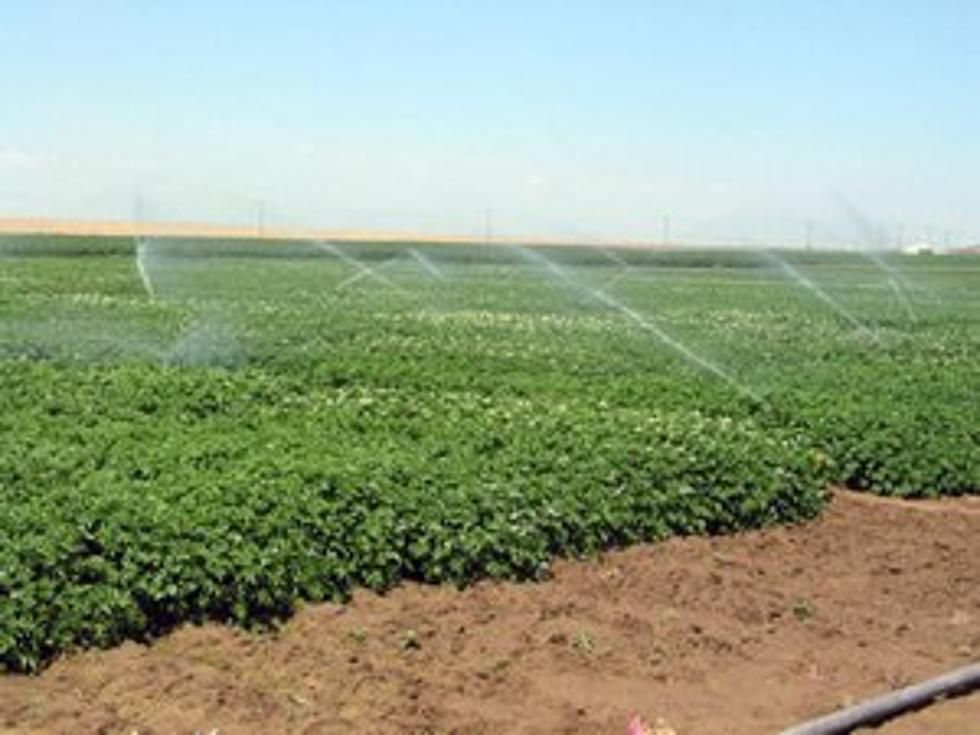UI To Lead Research Project Focused On PNW Rangelands
Researchers from the University of Idaho, the University of Michigan and The Ohio State University have teamed up for five year project to study impact of stressors on humans, plants and animals on rangeland in Idaho and Oregon. UI assistant Professor of Wildlife Ecology and Management, Sophie Gilbert, said the research was prompted by Western rangelands facing a variety of sources of stress and change simultaneously, such as increased severity of drought. She noted these stressors impact forage plants, ranchers and livestock alike.
“And also the ongoing recolonization of wolves going on in the Pacific Northwest and how the return of a large predator like that shifts the ecological community and livestock dynamic and real stress for the human participants in those systems.”
The research she says does not focus on one of the stressors, but rather how they interactively cascade through the human and wildlife system. Gilbert said they will use computer models to produce ecological forecasts.
“For example, what's the upcoming forecast for elk forage competition with your cattle? Or if you're a rangeland manager, you might want to know about what the next three months hold in terms of forage availability on the land. Or if you're wildlife manager, maybe you want to know where we can expect wolf livestock hot spots of conflict this summer and how to get in front of that.”
Gilbert added the first step will be to sit down with those impacted groups to gauge what information would be useful in the long run.
If you have a story idea for the PNW Ag Network, call (509) 547-1618, or e-mail gvaagen@cherrycreekmedia.com
More From PNW Ag Network









